Procrastination is the thief of time, or so they say. Do you procrastinate in the office? Chances are you wouldn’t admit you do if you were in front of your manager but we all delay doing some things sometimes. Lack of concentration, tiredness, overwhelming amounts of work – you name it – the reasons to procrastinate can go on and on.
We’ve been looking at some statistics on how many times a day we check our smartphones. Depending on the sources, results are varied but none of the stats go any lower than 40 times! Millennials in the United States, who are taking over the workforce, reportedly check their phones 75 times per day.
Smartphones and mobile devices are procrastination’s best friends, but there are other drivers of mental distraction that challenge our effectiveness at work. Some years ago, one of our team members heard something that stuck fast in her mind: “When everything is important, nothing is really important”. Prioritising is indeed a key skill for a more enjoyable and productive working day, and likely a good ally to fight procrastination.
As part of our series “Be well, work well” we dedicate this article to the third dimension of energy – the mental. To that end we have borrowed and adapted recommendations our Habit Tank gives to any hard worker (and the other types too) who want to put into practice quick-win habits in their everyday life. So let’s not procrastinate any longer. Let’s read this together.
Be mental. It’s anything but detrimental
When we refer to the mental dimension, we think of the energy our brain demands be focused and attentive. Academia defines “mental energy” as the ability or willingness to engage in cognitive work. Simply said, it’s the mood that prompts us to think, create, innovate and, as a consequence, drive change.
Getting “in the mood” isn’t easy sometimes. The return after holidays is a good example. When we are on holidays, we take a step back. That helps bring more clarity to things we may need to change in our lives both personally and professionally. But adopting the changing mode once we’re back takes some time.
Similarly, the “it’s time-to-concentrate-and-think mode” is like a deal we need to do with our brain every day. We have put together 5 recommendations for you to make a better pact with yourself. Similar to the tips we proposed to you for the physical and emotional dimensions, these habits are simple and actionable.
Habit 1: Manage your connected, device-driven life
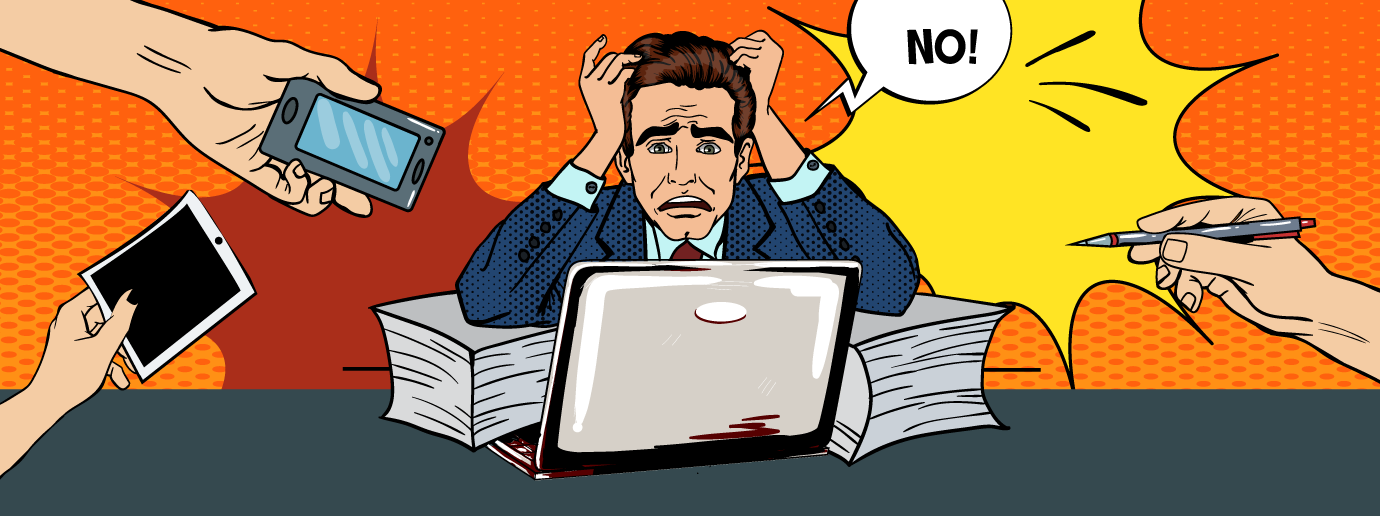
A multiscreen generation avid member, that’s what you are. Well, we all are. The number of screens we see every day ranges from two to five on average: tablets, smartphones, smartwatches, music players, VR sets, computers, or even the traditional TV. While we love our devices because they help us connect to the world and have real-time access to a vast array of products, services and information, they can often perfect procrastination allies in the office.
See these three tips to manage your device-driven life:
- Turn-off smart notifications
The constant dinging of emails, SMS, tweets, Facebook messages, snaps, LinkedIn invitations, etc., is distracting and breaks concentration. That small little red badge on top of your apps logos always begs for your attention. Turn notifications off to stay focused on one thing at a time! You can always turn them on if you’re expecting something important or if time availability allows you to play around with them.
- Manage your inbox
Don’t chase after your emails, they will come right to your inbox anyway. Stop pressing your keyboard’s F5 button or any other refresh feature you have. A quick-win tip is to set specific times to manage your email and fully dive into them. Share with your peers and external contacts when you plan to manage your inbox by including a note in your email signature and/or with an autoresponder.
- Step away from the screen
“Micro-divorces” is likely the most surprising way to call the breaks we take from the screen. We heard it from a colleague on a June rainy day when the busy period before summer make people a bit more anxious than normally. She had a neck pain and she said “I’ll micro-divorce from my computer for 10 minutes and find something more exciting to look at”.
Seriously, taking a computer break will help you work harder and more efficiently once you return. Don’t take your smartphone with you during the break though! Get away from all screens, stand up, walk around, seek out the company of other humans willing to micro-divorce too. Once a day, take a 20-minute nap or 10-minute stroll around the building or the area where you work. Your brain will thank you afterwards.
Habit 2: Do the tasks demanding more mental energy first
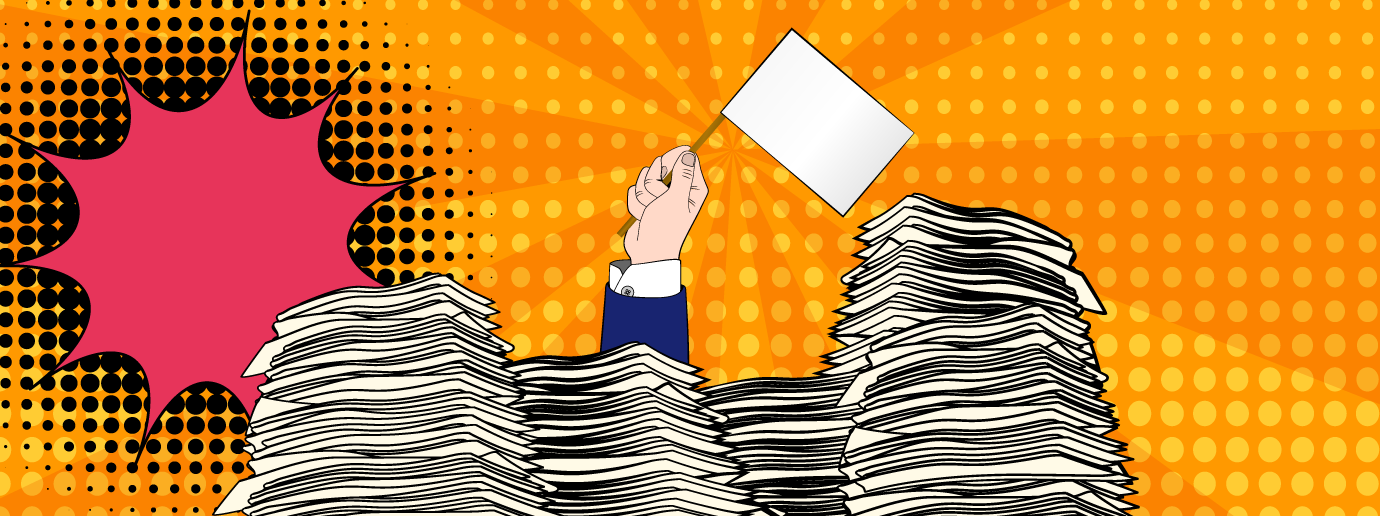
Most of us are more energetic at the beginning of the day. If you happen to work-out early in the morning you may feel even more boosted. Take advantage of this energy and tackle the tasks that require more brain investment first (don’t forget the other ones, just set them aside and schedule them for later.)
You could decide the night before on the most important thing for the following day. Focus on it for 60-90 minutes without interruption; the outcome will be very rewarding. This habit may seem obvious but we often forget it when the working day kicks off, and a bunch of requests start coming to your inbox. You get nervous, your heart start beating faster, you see the wall clock and you think “I’m not going to make it”. Get over it!
Habit 3: Focus, do one thing at a time
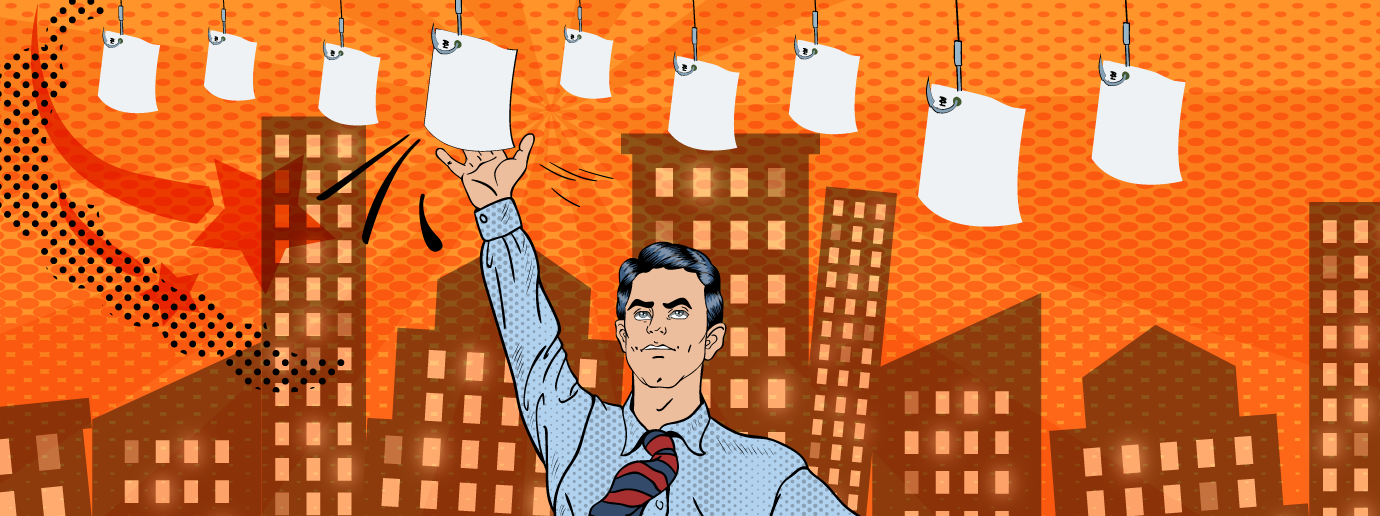
Do you remember when your parents were telling you “Do your homework first? You can then watch your favorite cartoon”? You likely can recall other childhood memories when you learnt how important focusing is to get more well-rounded results.
Practice doing only one thing at a time over a day, either at work, at home or in the sports club. However, what does it take? For example, stop scrolling through emails on your phone while waiting for your coffee; keep only one browser tab open at a time; have minimum programs open on your computer; don’t run on the treadmill and answer a job-related email.
You can put in practice the 90-minute rule as well. Try to work in uninterrupted 90-minute sprints before taking breaks. It may be uncomfortable at first, but this experiment will let you quickly figure out how used to multi-tasking you were. It will strengthen your focus at the same time.
Habit 4: Set time limits for every task
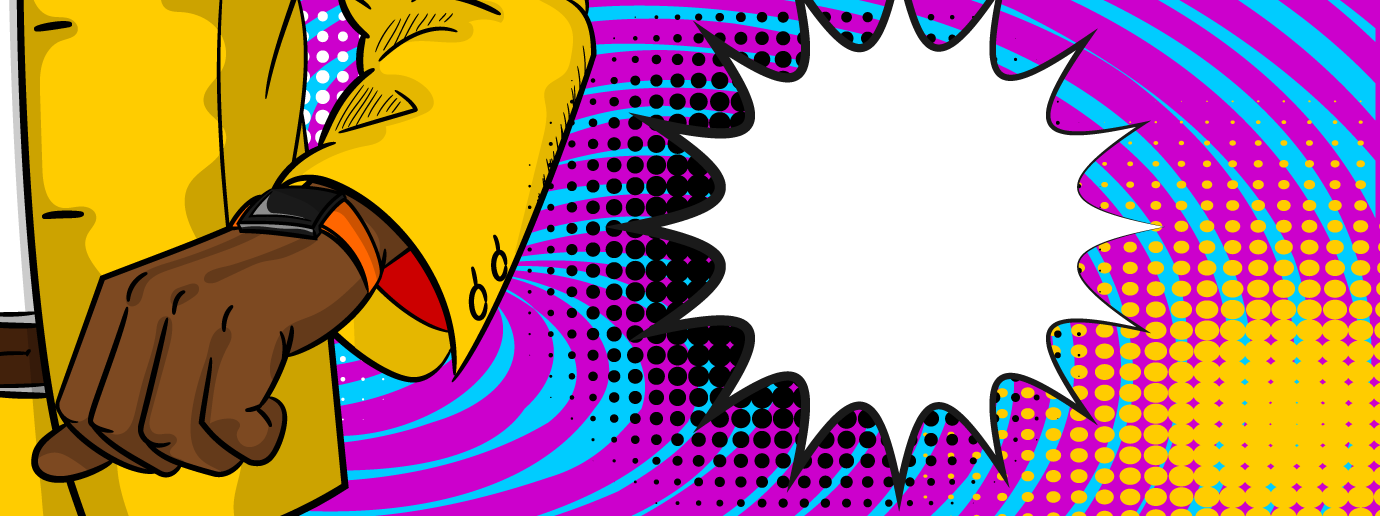
Setting a time limit for every task, no matter how little it seems to be, makes you incredibly efficient. You can maximize time at work and clear your workload more easily. When you organise your time, your brain relaxes out.
You could use any online planner to support your time management. There are several of them, for desktops and smartphones. But be careful! The planner shouldn’t be another reason to stick to your screens forever!
Habit 5: Read a book
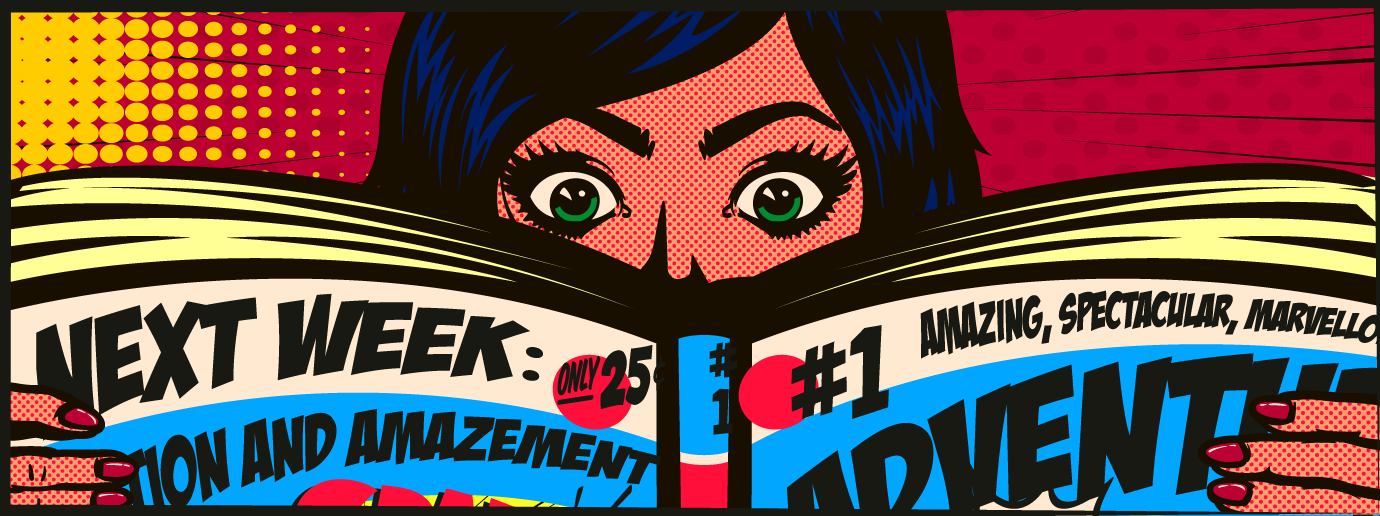
To Malorie Blackman, a British writer, “reading is an exercise in empathy; an exercise in walking in someone else’s shoes for a while”. We honestly like a lot what she says. Reading is not only rewarding in itself, it’s also a great attention-building practice and a unique discovery journey, a trip to someone else’s world. Begin with a subject or genre that demands less absorption and work your way towards books that require more focus.
When you feel overwhelmed at work, grab your book and a drink (around here we love a cappuccino), take a short pause and dive into the story. The practice will quiet your mind and lengthen your attention-span.
What do you like better? Do you already practice some of these habits? Stay tuned for the last article of the series “Be well, work well”, focused on the spiritual dimension of energy.
Explore the physical habits and the emotional habits too.

